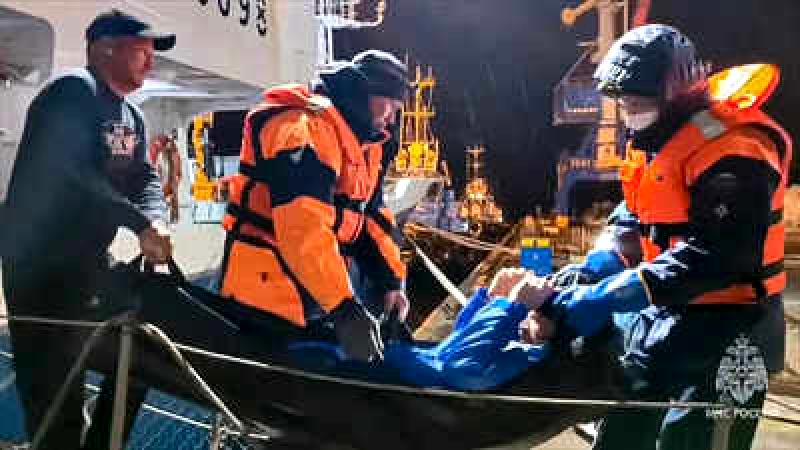
Currently filming her debut Hindi movie about the freedom fighter Neera Arya, actor-turned-director Roopa Iyer embodies a spirit akin to one who has been through battle herself. Delving deep into Neera's story required extensive research, while navigating the challenges of casting and working with a predominantly male team who may underestimate a female director proved to be a significant part of Roopa’s journey. Learning and overcoming these hurdles, especially due to gender biases, has been a key aspect of her experience.
Here are some highlights from the discussion:
“Neera's story is truly inspirational and deserves to be shared.”
Neera served in the Jhansi regiment of the Indian National Army, led by Subhas Chandra Bose. Bose referred to each woman in the regiment as ‘Rani,’ recognizing their courage and strength in fighting for the country. These women demonstrated exceptional leadership qualities and sacrifice by forsaking their familial and societal duties to serve the nation. The film focuses on Neera’s character, who goes to extreme lengths, including sacrificing her husband to protect Bose, leading to her imprisonment and brutal torture. While the narrative has been fictionalized, it highlights the essence of Neera’s sacrifices in the backdrop of history.
“Casting was a significant challenge, with many actors initially unresponsive.”
As a filmmaker originating from the southern film industry, assembling the cast for this project proved arduous. Despite multiple attempts to reach out, most actors did not respond to casting calls. Assistance from a senior journalist in Mumbai was crucial in connecting with suitable performers. Securing the role of Neera’s husband posed a particular challenge, requiring additional effort and strategic outreach.He is portraying a villainous character, and I am pleased to have Priyanshu Chatterjee in this role. After auditioning many actors for Netaji’s character, we finally selected Shreyas Talpade because we believe he resembles Netaji. Suresh Oberoi plays the role of Neera’s father. This film had to be made in Hindi, as it is a patriotic story with national relevance. It is an inspiring tale of a courageous woman who overcame challenges to share her story, which everyone should hear. I chose to make it in Hindi as I am well-versed in the language, though I may hesitate at times due to lack of frequent practice in speaking it.
It is disheartening to see the lack of professionalism among many individuals in various departments of the Kannada film industry. While Kannada films are gaining recognition nationally, there is a lack of professionalism at the grassroots level. Many artistes and technicians in departments such as make-up, costumes, art, and lighting lack proper training, leading to inefficiencies on set and increased production costs. It is essential for the film chamber and department heads to ensure that individuals sent to sets are adequately trained for their roles. Just as a cop needs training before being deployed, it is crucial for film industry personnel to be trained properly. Many unqualified individuals are given work opportunities based on connections rather than skills, resulting in inefficiencies and inflated expenses. In an era of technological advancement where production costs should decrease, such practices hinder future growth opportunities in the industry.My efforts to uplift the film industry are hindered by workers who exhibit apathy towards their work. It is disheartening to see them take their roles for granted, making it a challenging task to provide support as a director.











